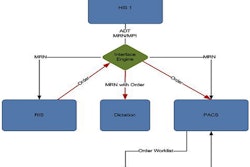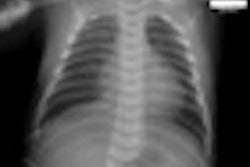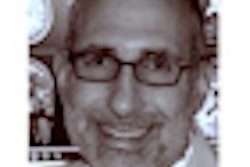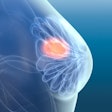Dear AuntMinnie Member,
It's the controversy that refuses to die. The debate over the value of breast screening took another turn today with the publication of a new study by European researchers that again confirms the value of mammography, finding that it reduces deaths from breast cancer by up to 50%.
The study reviewed national breast screening programs across Europe, calculating both the benefits and harms of mammography screening based on the screening of millions of women. The researchers found that mammography had a mortality reduction of 48% among women who were screened.
What's more, the study found that the number of women whose lives were saved outnumbered by two to one the number who were "overdiagnosed," or who had cancers detected that might never cause symptoms or threaten their lives. Click here for a story on our sister site AuntMinnieEurope.com by editor in chief Philip Ward.
The mortality reduction in the new European study is almost exactly the same as that found by Australian researchers in a study released earlier this month of breast screening in their country.
Taken together, the two studies should close the book on the controversy over breast screening, right? Don't bet on it.
What Dr. Eliot Siegel wants from PACS
Back stateside, we're pleased to be featuring articles from the New York Medical Imaging Informatics Symposium (NYMIIS), held earlier this week in New York City. Associate editor Cynthia E. Keen was on hand to report on insights from some of radiology's most prominent imaging informatics professionals.
One of the most prominent is Dr. Eliot Siegel, who shared his wish list for a next-generation PACS that he believes is necessary to keep up with both recent innovations in technology and with the changing way radiology is now being practiced.
Key on his list is the incorporation of artificial intelligence into PACS. Better hanging protocols are also necessary, as are better ways for displaying images from prior studies. Learn more about what Dr. Siegel would like to see from the PACS of the future by clicking here.
Also from the NYMIIS is a profile of the advanced visualization lab run by Massachusetts General Hospital. Gordon Harris, PhD, director of the lab, described how it's grown from humble beginnings over a decade ago into a service that produces 3D reconstructions for an average of 2,000 studies a month. Learn more on how to run a successful 3D service by clicking here.
Speaking of insights into imaging informatics, you'll get plenty of them at next week's RADExpo 2012: The Cutting Edge of Imaging, an AuntMinnie Virtual Conference scheduled for September 20. Our program features talks on eight important topics, four of them addressing imaging informatics issues, such as mobile computing, meaningful use, decision support, and radiation dose monitoring. Registration is free -- to get started go to radexpo.auntminnie.com.



















